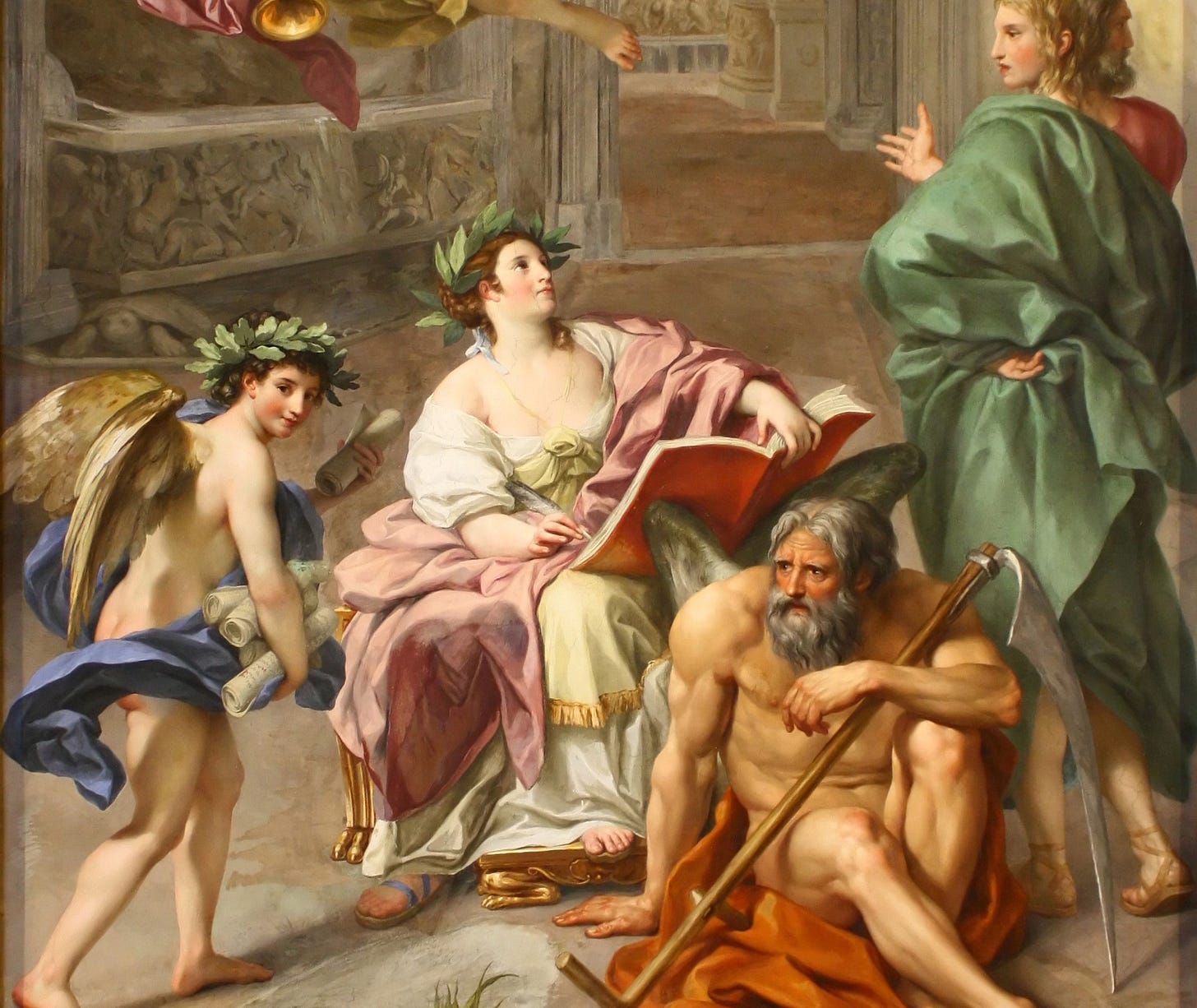Cultural (Il)literacy
We need shared experiences to understand each other

“[C]ultural literacy—the grasp of background information that writers and speakers assume their readers and listeners already have—is the hidden key to effective education in America.” — E. D. Hirsch, Jr., 1987
America seems to pride itself on rugged individualism.
Steeped largely in the mythical cowboy popularized by the likes of John Wayne and Jimmy Stewart westerns, there is a wide swath of people who think hard work and determination will allow anyone to prevail who’s willing.
The reality is that we all owe our success to someone else, that nothing significant is accomplished without help, and that individualism comes at a price.
Whether it was our relatives, immigrants who arrived generations before we did, or their family situations overseas, someone made it possible for the next generation to accomplish what it did.
Someone too…




